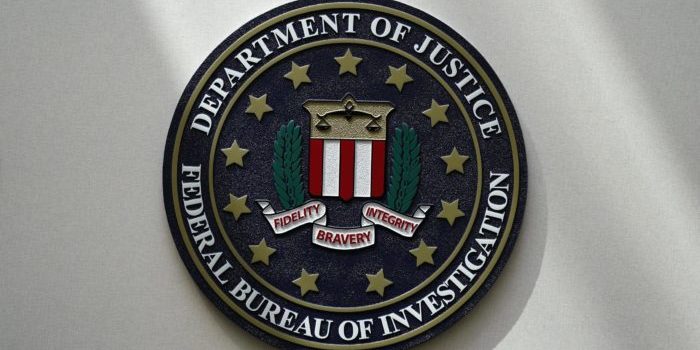(Ken Silva, Headline USA) The Supreme Court unanimously ruled in favor this week in favor of a man whom the FBI put on the terrorist watchlist after he refused to become an informant.
SCOTUS’s Tuesday decision means that the government must explain why it put the man, U.S. citizen and Sudanese émigré Yonas Fikre, on the watchlist in the first place.
The decison stems from when Fikre traveled from his home in Portland, Oregon to Sudan in 2009 to pursue business opportunities there. At a visit to the U. S. embassy, two FBI agents informed Fikre that he could not return to the United States because the government had placed him on the No Fly List, according to SCOTUS’s decision.
“The agents questioned him extensively about the Portland mosque he attended, and they offered to take steps to remove him from the No Fly List if he agreed to become an FBI informant and to report on other members of his religious community,” SCOTUS said in its decision. “Mr. Fikre refused.”
And when Fikre went to fly home, he was detained him for 106 days in the United Arab Emirates at the behest of the FBI.
Fikre wound up in Sweden, from where he filed a lawsuit against the U.S. government.
During the litigation, the government took him off the No Fly List in 2016. Government then sought a dismissal of Fikre’s lawsuit on the grounds that he was no longer on the watchlist.
However, the Ninth Circuit Court of Appeals eventually ruled that the government must show that its conduct can’t “reasonably be expected to recur.” Responding to that order, the government submitted a declaration asserting that, based on the currently available information, Fikre would not be placed on the No Fly List in the future.
But that still wasn’t good enough. As the lawsuit made its way back through the court system, the Ninth Circuit further ruled that the government failed to meet its burden because its declaration did not disclose the conduct that landed Fikre on the No Fly List. Nor did it ensure that he would not be placed back on the list for engaging in the same or similar conduct in the future.
The government appealed that order to SCOTUS, which ruled in favor of Fikre on Tuesday.
“The government’s representation that it will not relist Mr. Fikre based on ‘currently available information’ may mean that his past actions are not enough to warrant his relisting. But, as the court of appeals observed, none of that speaks to whether the government might relist him if he does the same or similar things in the future—say, attend a particular mosque or refuse renewed overtures to serve as an informant,” wrote Justice Neil Gorsuch in the decision.
“Put simply, the government’s sparse declaration falls short of demonstrating that it cannot reasonably be expected to do again in the future what it is alleged to have done in the past.”
Fikre’s lawsuit was remanded to the lower courts for further litigation.
Ken Silva is a staff writer at Headline USA. Follow him at twitter.com/jd_cashless.

